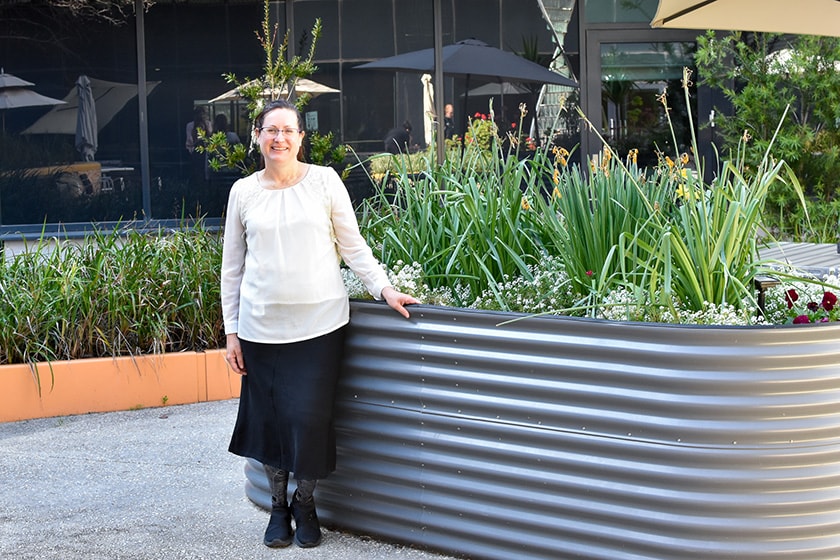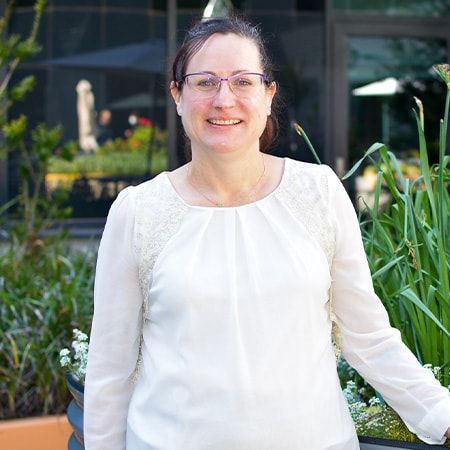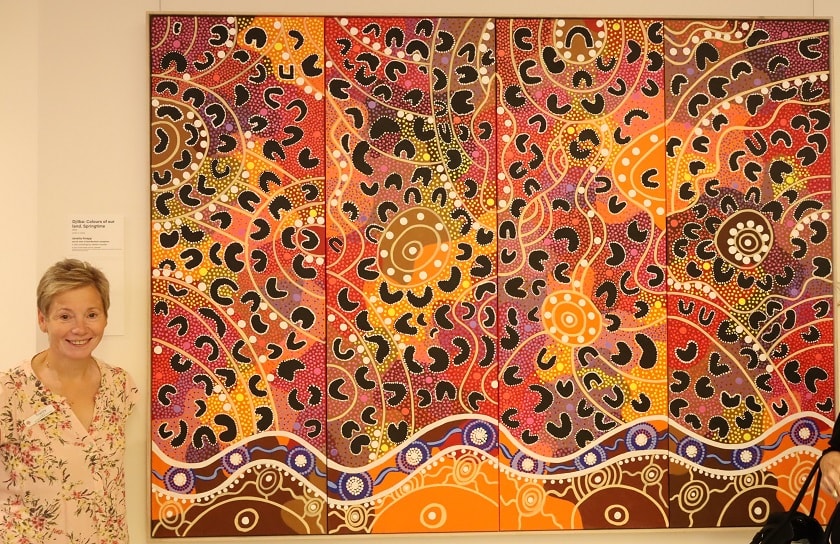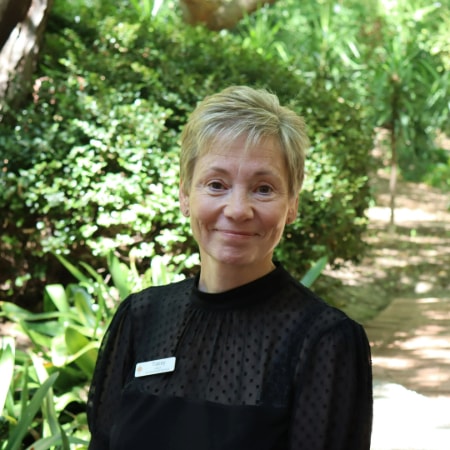Lisa initially thought she just had regular flu when she first became sick, but she rapidly went downhill and by the time she was taken by ambulance to hospital the following morning, she had all the signs of meningococcal septicaemia, a form of sepsis.
Lisa’s story
On June 12 2000, I was working at the Royal London Hospital in the United Kingdom when I began to feel acutely dizzy. Just after midday I reported to the sister in charge that I could not stand up any longer and needed to go home. I went straight home to bed with aching joints and malaise. I was confident I had a 24-hour virus. It certainly was - a deadly one!
As the night progressed I continually returned to the kitchen to refill my water bottle. Eventually I had to crawl, I was so thirsty, and too giddy to stand and my flat mates had gone to bed. Diarrhoea sent me to the toilet frequently in the early hours. While washing my hands I thought I saw purplish spots on my face in the mirror. However, I didn't have my glasses on, and the lights were too bright (photophobia) so thought I was seeing things.
My boyfriend came into my room after his night-shift at 8am the following morning and called an ambulance. By then I was incontinent and I had the characteristic purple septicaemic rash. That was 18 hours after my first flu like symptom. At the emergency department they diagnosed me with meningococcal septicaemia. I spent 16 days in the ICU and another four months in hospital in London.
As a result of the extensive tissue damage, at day 6 they removed both my lower limbs and started the long process of removing the black dead skin and replacing it with skin grafts, including on my residual limbs.
The road to recovery
I returned to Australia in October 2000 to a rehabilitation hospital in Perth, where I was prescribed prosthetic legs, physiotherapy and occupational therapy for my scars.
I stopped wearing pressure garments after two years, and my scar treatment is finally over - I'm stuck with them now! I remain a regular wheelchair user, as the skin grafts on my stumps affect my use of prosthetics. I returned to work at the beginning of November 2001, eighteen months after my illness.
What happened to me was one thing. Yet what has happened every day of my life ever since is far more profound. The intense pain of my hospitalisation and the complications I experienced have faded in my memory, but the struggle of life in a wheelchair, of public reactions to my disability, to the process of getting back into the workforce and getting my license back took an immense period of my young life to adapt to.
In the years since my illness, alongside my work in healthcare, I have worked for organisations supporting people with limb loss and survivors of meningococcal. Due the lack of available information about long term outcomes of sepsis at the time of my illness, in 2008 I wrote a book about my experiences with this horrifying disease so other survivors could have some idea of what to expect.
Background on sepsis:
Sepsis is a serious illness that arises when the body’s response to an infection damages its own tissues and organs. It’s a condition that can affect anyone, from newborns to older people, and increase the risk of complications, higher healthcare costs and longer treatment.
It is important to know the signs of sepsis and if you are concerned, seek assessment and advice from a doctor or nurse.
Signs and symptoms of sepsis include:
- Fever and chills
- Low body temperature
- Low or no urine output
- Fast heartbeat
- Nausea and vomiting
- Diarrhoea
- Fatigue or weakness
- Blotchy or discoloured skin







